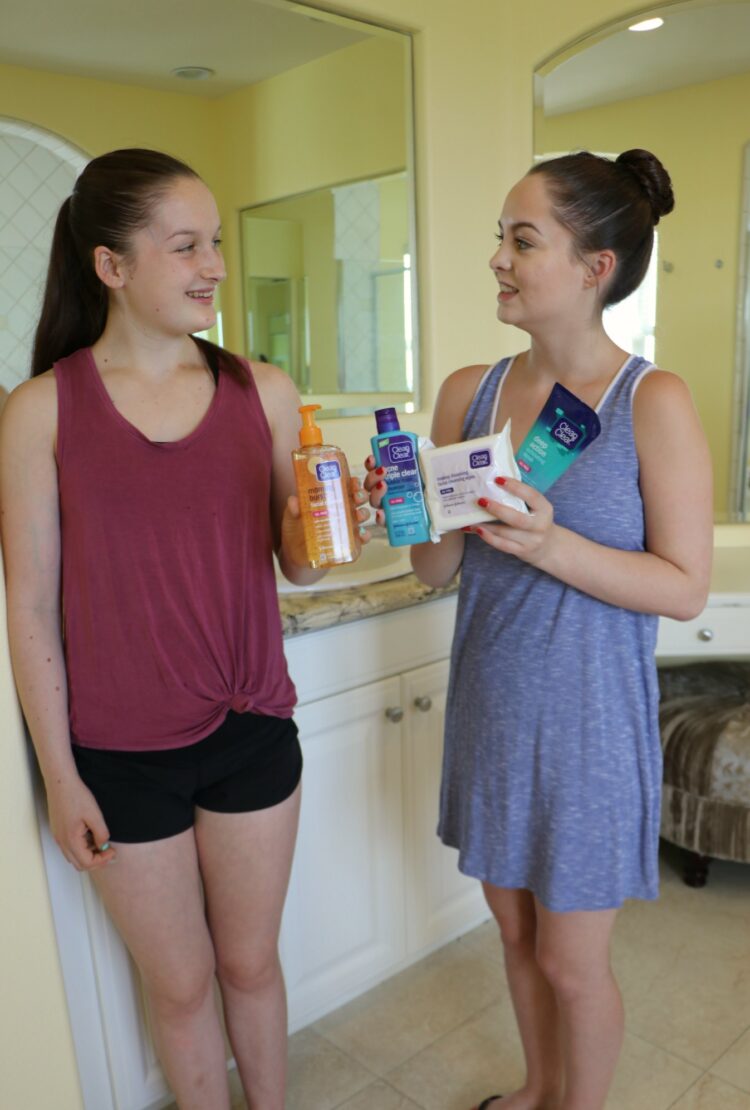Charlotte Webster-
A ban on placing vulnerable children under the age of 16 in unregulated accommodation will come into force this September, the Education Secretary Gavin Williamson has announced.
The move is part of a series of reforms set up to drive up standards in children’s social care.
Unregulated regulation describes a situation in which children (usually over the age of 16) need support to live independently rather than needing full-time care. This type of provision is not regulated by Ofsted, and is considered a stepping stone to teenagers gaining independence, rather than being restricted to accommodation in children’s homes or foster parents.
The risks unregulated accommodation poses to vulnerable people to fall prey to exploitation by all sorts of people in the system, is the target of the new move.
Under the new law, children in care under 16 will no longer be allowed to be accommodated in unregulated independent or semi-independent placements, helping to ensure the most vulnerable are cared for in settings that best meet their needs.
Statistics from the DfE suggests that 660 looked after children under the age of 16 were placed in independent or in semi-independent living accommodation across the year 2018-19.
The regulations laid in Parliament today for the ban to come into force in September, as part of the Government’s response to its consultation last year has been praised as one ensuring the highest quality provision for all children and young people in care.
The Department for Education’s response to the consultation makes clear that while independent and semi-independent provision can be the right option for some older children where it is high quality and meets their needs, children under 16 years of age are too young for this type of accommodation – intended to facilitate supported living for older children developing their independence before they leave the care system.
The Education Secretary also announced that plans will be developed to support local authorities in creating more places in children’s homes, backed by additional investment, building on the £24 million announced at the Spending Review and recognising that there are pressures on some local authorities to find the right placement for a child.
Ofsted Powers
Also confirmed was Mr.Williamson’s plans to legislate at the earliest opportunity to give Ofsted new powers to take enforcement action against illegal unregistered providers, who should be registered as children’s homes but are operating without the correct registration in place.
This will enable Ofsted to take quicker action to register or close down these homes, building on their existing powers to prosecute providers operating without the correct registration and strengthening the options available to them.
The Government will also introduce national standards for unregulated settings that are accommodating 16 and 17-year-old children in care and care leavers, to raise the bar for the quality of this provision and ensure consistency across the country.
The Department for Education said it will shortly launch a consultation on the new national standards, so that as more older children come into the care system, a high quality option is available where they can receive the support they need to prepare for adult life.
Education Secretary Gavin Williamson said:
”Vulnerable children under 16 are too young for the type of accommodation that provides a place to stay but not the care and support that they need. The action taken today – supported by the sector and in response to their views – is an important step in making sure children in care are placed in settings that give them the highest chances of success.
We know that for some older young people, independent or semi-independent accommodation can be right in helping them transition to adult life – but these settings need to be consistently high quality. We cannot be complacent about the standards we expect to be met for children in our care.
Our consultation response sets out the urgent steps we are taking to raise the bar for these children, which alongside the independent review of children’s social care, will level up outcomes for those most in need.
The regulations laid in Parliament today for the ban to come into force in September has been praised as one ensuring the highest quality provision for all children and young people in care”.
Education Secretary: Gavin Williamson Image: news.sky.com
However, the Children’s Commissioner for England says the new legislation does not go far enough. She has called for the ban on unregulated accommodation for under-16s to be extended to include older teenagers as she said they will still be at risk of exploitation.
Anne Longfield warned that some teenage children in care live in “dangerous accommodation”, including hostels or caravan parks, and 17-year-olds can be “easy prey” for people who abuse or exploit children.
She said: “There are too many teenage children in care living in completely unsuitable and sometimes dangerous accommodation, including hostels or caravan parks.
“Vulnerable 17-year-olds are sometimes placed in accommodation where they are easy prey for those who abuse or exploit children, and this change to the law will still leave them at risk.”
“At the heart of these problems is a chronic shortage of residential provision for children in care and this must be something that both the current independent care review and forthcoming government spending review rectifies,” Ms Longfield added.
Mike Thiedke, Depaul UK CEO said:
”Children’s homes are the right place for many looked after children and I am glad that the Government intends to work with local authorities to open more. Some 16 and 17 year olds want to live in places where they have more independence – specialist young people’s supported accommodation can be the best option for these young people.
Depaul UK provides this type of accommodation. We already have close local authority oversight and extensive internal policies and procedures to ensure we provide safe, supportive accommodation, and we believe other providers should operate with these controls in place to protect young people. I support today’s announcement that national standards will be introduced with new powers for Ofsted.
Mike Theodk CEO Depaul UK
The Government’s drive to raise standards and level up opportunities for the most vulnerable in society sits alongside an investment of almost £4.4 million to extend Covid-19 response programmes run by major children’s charities aimed at reaching ‘hidden’ children who may face neglect or exploitation, especially while they spend more time at home.

